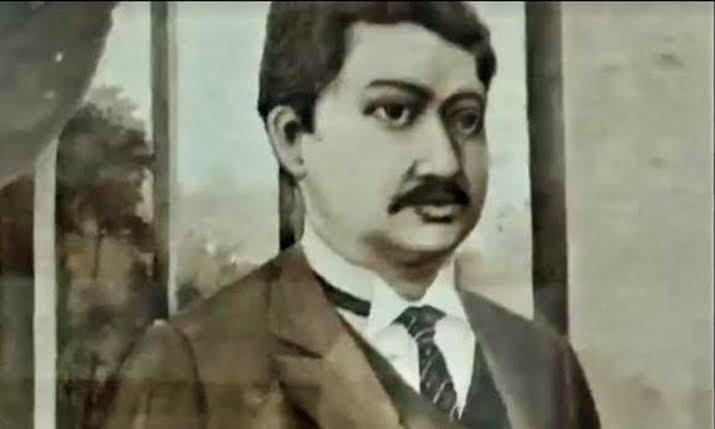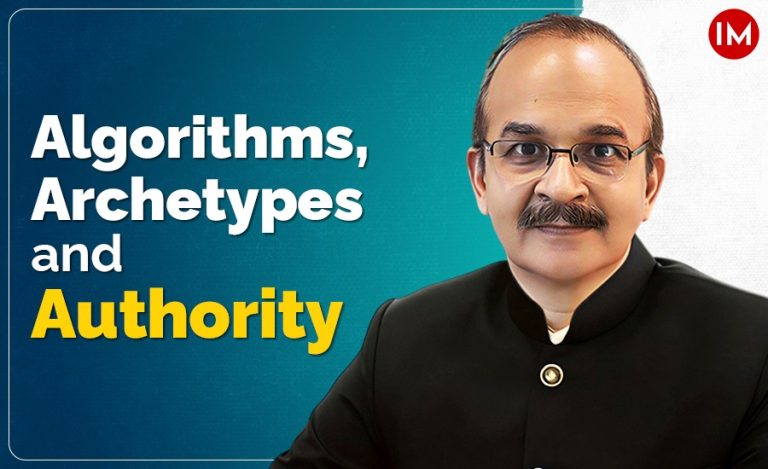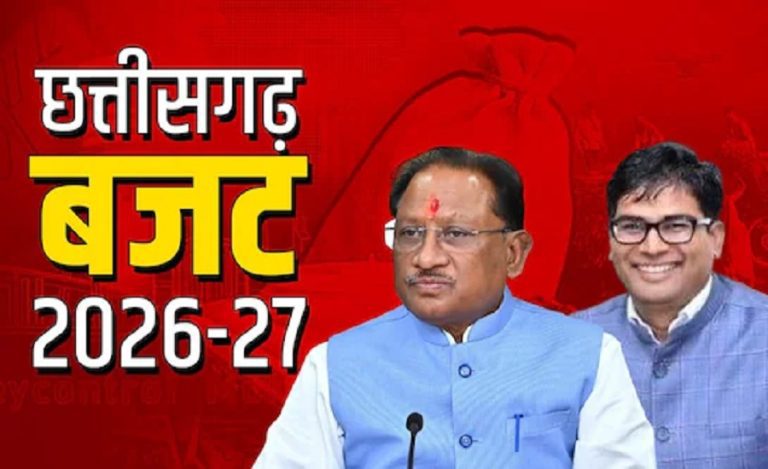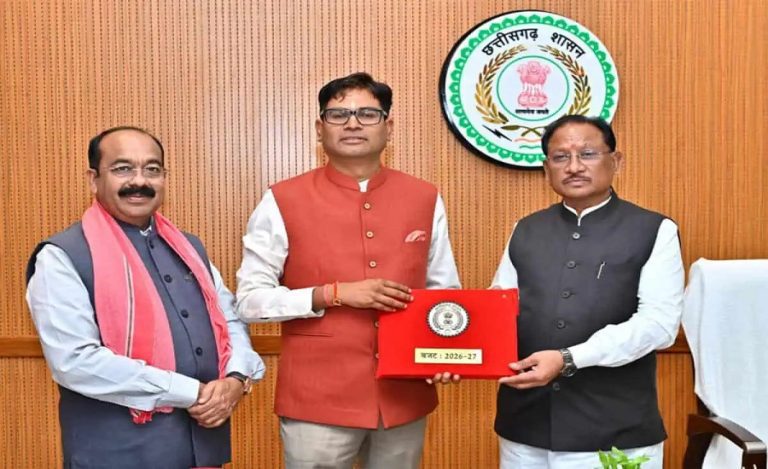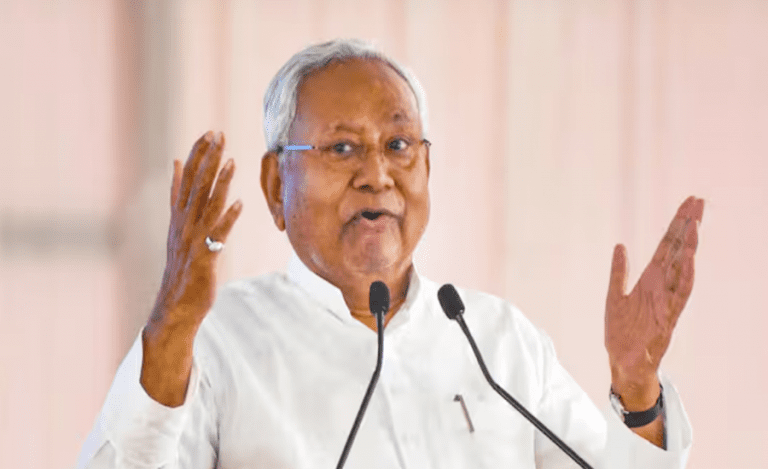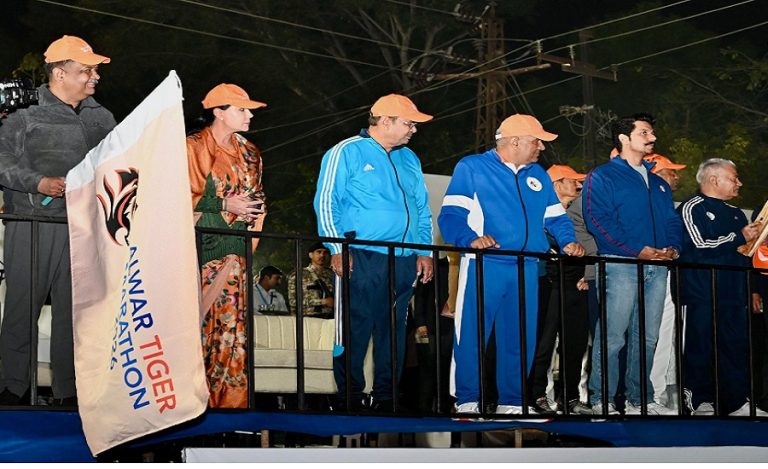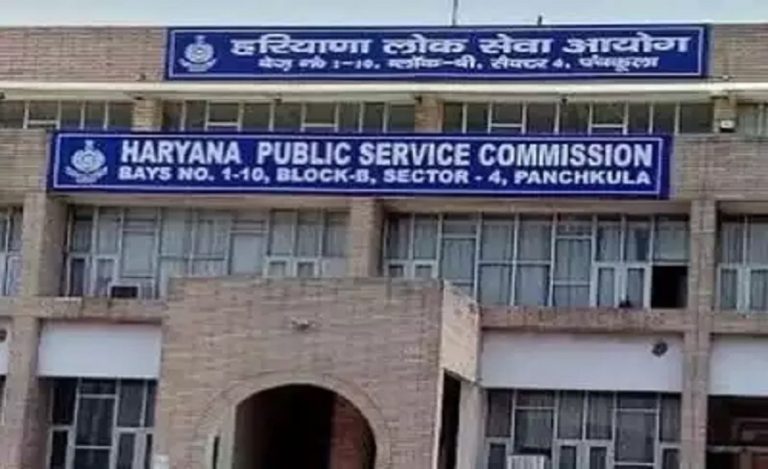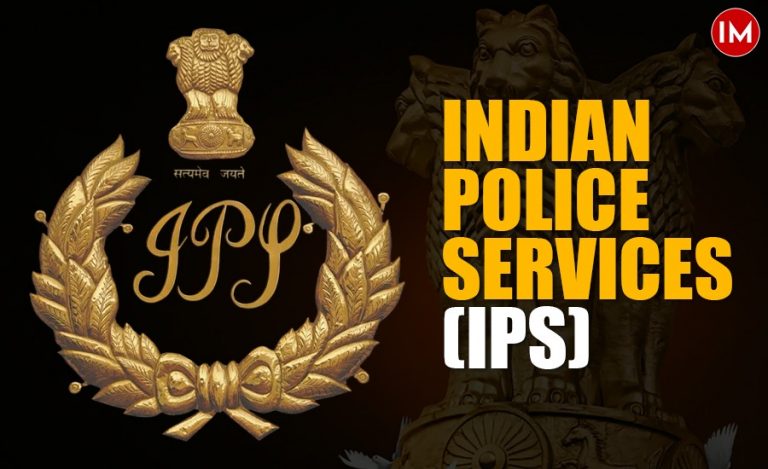The fifth Indian officer to join the ICS, and the first one from Assam, Anundoram Barooah, lived for just thirty-nine years, but his accomplishments were the stuff of legend. Even as a 14-year-old schoolboy in Assam, Anundoram could recite by heart Amarasimha’s Sanskrit thesaurus, Amarakosha. Educated at the Guwahati Government Seminary (now known as the Cotton Collegiate School), he cleared the Entrance Examination of Calcutta University in 1864 and joined the Presidency College. He graduated in 1869, and also won the Gilchrist scholarship for higher studies in England where he qualified to be a barrister as well as for the ICS in 1872.
He was also the first ICS officer to become a District Magistrate, as his predecessors were either eased out, or placed on the judicial side.
UNPARALLELED DEVOTION TO SANSKRIT
However, even as he slogged out his time in districts like Sibsagar and Noakhali (where he became the DM), his devotion to the study of Sanskrit language and literature was unparalleled. In addition to four texts in Sanskrit, he wrote extensively in English.
These included Bhavabhuti and His Place in Sanskrit Literature, A (three volume) English-Sanskrit Dictionary, Higher Sanskrit Grammar: Gender and Syntax and the Ancient Geography of India. Fortunately, for scholars of Sanskrit and history, the Government of Assam have republished all these works. It is true that the first English Sanskrit dictionary was produced by Sir M Monier-Williams who edged out Max Mueller to become the Boden Professor of Sanskrit at the Balliol college.
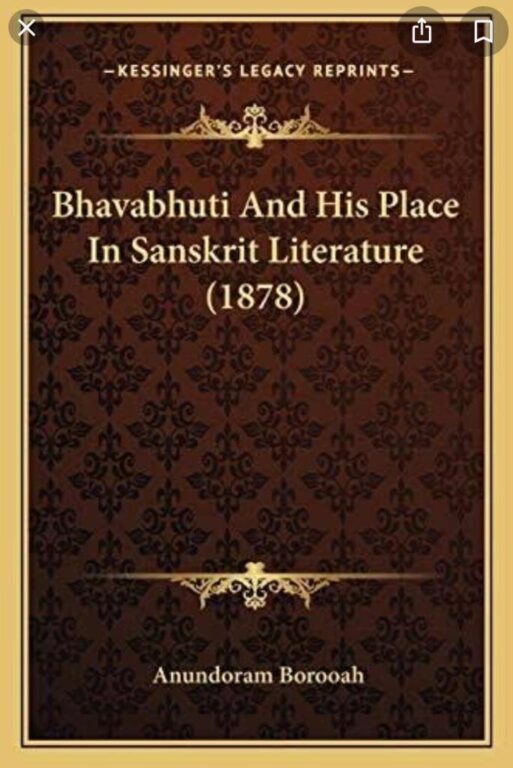
However, the purpose of Monier-Williams, as indeed of the Boden Chair, was to ‘promote the translation of the scriptures into Sanskrit so as to enable his countrymen to proceed in the conversion of natives of India to the Christian Religion’. One major drawback of this work was the extreme reluctance to draw from the work of Max Mueller, who was certainly the most knowledgeable scholar of this period.
PROPAGATED SANSKRIT TO PROMOTE HOME LITERATURE
In fact, this is where Anundoram differed from Monier-Williams. He believed like Abhinavgupta that “the truth, which is perceived by our tireless intellect, climbing higher and higher, is the result of the ladder of thought designed by earlier thinkers.”
philosophy like Sankara and Abhinavgupta, as well as the works of Italian and German Sanskritists. He also hoped that if Sanskrit language was propagated, it would enable Indians to “care more for their home literature than they now do for Shakespeare and Bacon, Addison and Johnson.
Although he could complete only two of the twelve volume magnum opuses on Sanskrit Grammar, his writings elicited admiration of Max Muller. When this bachelor boy breathed his last at the home of his lifelong friend Sir Taraknath Palit, there were mourners aplenty. One of them lifted the shroud to declare: “Here lies the glory of Bengal in his eternal sleep.” A young Assamese contradicted him, “He is not the glory of Bengal. He is the glory of Assam lying in eternal sleep.” This was when an elderly Bengali intervened more accurately to say, “No, here is a great man, a glory of India, lying in his eternal sleep.”
(This column has been written by Dr Sanjeev Chopra, Distinguished Fellow, USI, New Delhi, Fellow of the Royal Asiatic Society of GB & I, London, HRA, LMFSAI, Harvard University, Historian, Columnist, and Festival Director, Valley of Words: International Literature & Arts Festival, Dehradun www.valleyofwords.org)

